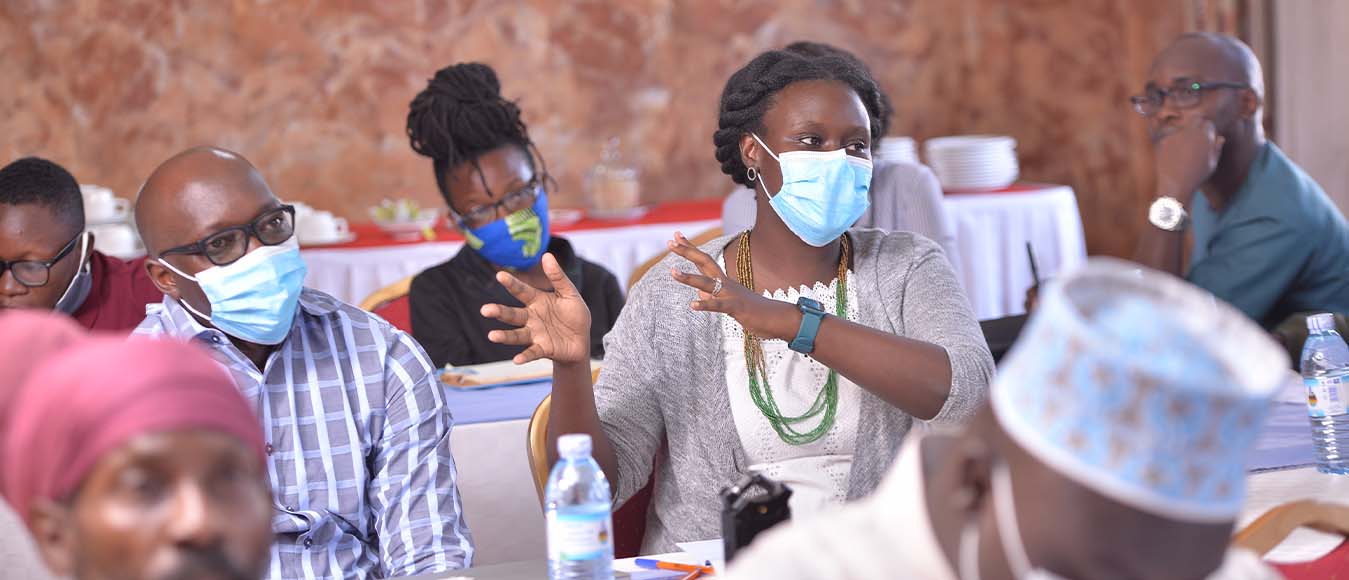
CONCERNS
Human rights are universal standards and legal guarantees that protect individuals and groups against actions and omissions that interfere with fundamental freedoms, entitlements, and human dignity. They stem from cherished human values that are common to all cultures and civilizations and have been enshrined in the Universal Declaration of Human Rights and codified in a series of international human rights treaties ratified by States. Many states have also enshrined them within their national constitutions and laws. Our concerns under this issue area are rights of religious and ethnic minorities, rights of victims of violence including victims of terrorism, rights of victims of torture, and rights of victims of trafficking.
SOLUTIONS
Our solutions include capacity development training, dialogues, political advocacy, research and knowledge production, supporting alliance building among minority groups on issues of common concern, documentation and publicizing of experiences and needs of victims, as well as contribution to the development of a good practice resource to support victims’ associations.

OUR GOALS
To mitigate discrimination and inequalities against minority religious and ethnic groups, and promote affirmative action in favor of such groups for redressing imbalances that exist against them.
To promote better recognition and support for the human rights of victims of violence and empower victims to seek redress for the human rights violations they have suffered.
To provide direct emergency aid to victims and their families to rebuild their physical, social, and economic lives.
To support the protection of human rights and fundamental freedoms in government counter-terrorism contexts.

KEY ACHIEVEMENTS
Research and knowledge production that helped better understand the experiences and needs of victims tortured in the context of counter-terrorism actions in Uganda.
Video documentation and publicizing of stories of victims of terrorism which has provided crucial evidence that has helped enhance awareness & understanding of victims' needs, improved victims' support, and contributed to access to justice.
Our founder Mr. Hassan Ndugwa, who is a victim of terrorism himself contributed to the development of the Handbook of Good Practices to Support Victims' Associations in Africa and the Middle East by UNOCT.
Our political advocacy, lobbying, and stakeholder engagements are shifting conversations toward policy changes aimed at tackling the unmet needs of victims of terrorism in Uganda.
Capacity building workshops have enhanced collaboration among leaders of religious and ethnic minorities on matters of common concern.
The self-efficacy of religious minorities in innovative, transformative, and non-violent tactics in human rights advocacy that aim to reduce torture and illegal detention of minorities has been boosted.
We supported the building of constructive inter-faith alliances which culminated in the drafting and adoption of a Common Faith Strategy for Advancing Religious and Civil Liberties in Uganda.
High level policy dialogues have contributed to rallying support for policies, laws, and actions that protect religious minorities from discrimination, arbitrary arrests, torture, and detention without trial.
